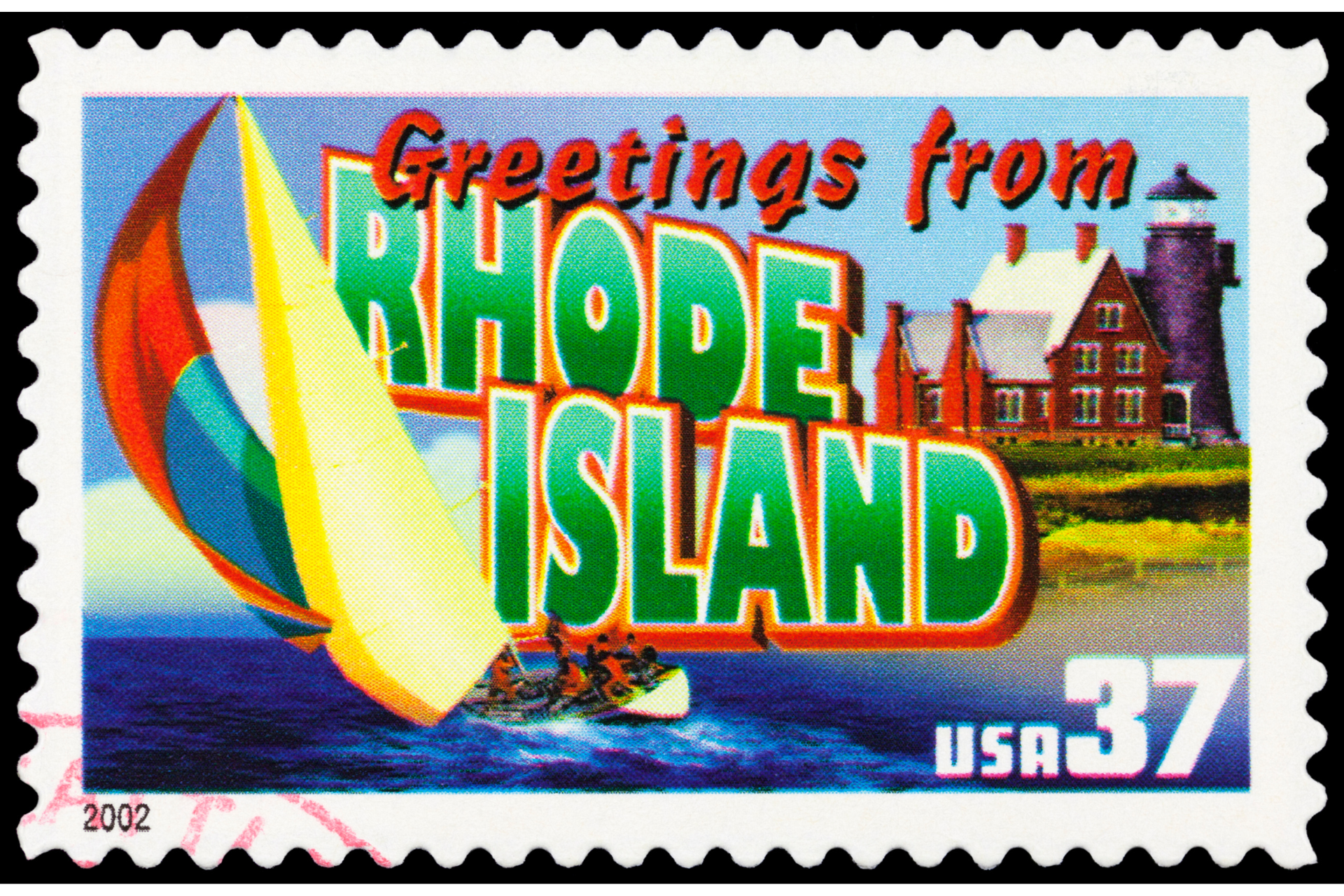Last Saturday, after many months of delay, President Biden signed a law renewing U.S. Compacts of Free Association (COFAs) with three Pacific Island nations known collectively as the Freely Associated States: the Republic of the Marshall Islands (RMI), the Republic of Palau and the Federated States of Micronesia (FSM).
A Freely Associated State (FAS) is a small country that grants the United States control over and responsibility for its national security, providing the U.S. with military rights within its borders.
In rough exchange, FAS citizens – who do not have U.S. citizenship – have visa-free entry to the U.S., qualify for select U.S. federal programs, and receive targeted economic assistance.
The COFAs cover FAS economic assistance and federal program access, but they do not address U.S. military rights in the region, which are ongoing.
Federal assistance to the FAS, however, can stop, and some of it did as the COFA nations waited for Congress to approve U.S. agreements that were finalized last year.
Palau, for example, had been promised that it would receive a new level of funding beginning on Oct. 1, 2023, but Congress did not meet this deadline. The delay caused serious financial distress in the small Pacific Island of less than 20,000 citizens.
Calling the U.S. funding “just in time,” Palau President Surangel Whipps Jr. told Voice of America in an interview on Monday that the renewed resources “allows us to stop borrowing to keep government operations going; it allows us to hire those critical police officers, health care workers and education teachers that we need.”
Warnings from Asia
The delays in funding were a side effect of the ongoing difficulties Congress has had in passing budget bills during the current fiscal year, not a response to the new COFA agreements. However, there has been significant concern from many quarters during the delay.
Marshall Islands President Hilda Heine said, “Our nation has been a steadfast ally of the United States, but that should not be taken for granted.”
Shigeo Yamada, Japan’s ambassador to the United States, wrote to Congress that the COFAs are “vital to secure the region’s peace and stability.”
The South China Post similarly noted that “[e]xperts have warned that the delay has already caused substantial damage of Washington’s image in the region.”
A bipartisan group of senators were clearly aware of regional threats. As they wrote to Senate leaders, “Failure to pass the renegotiated compacts as soon as possible imperils our relationships with the freely associated states and the entire Pacific island region, who view the COFA as a barometer of the U.S. commitment to the region.”
Rep. Mike Gallagher made similar points in an essay in The Hill. “If we don’t fund this agreement,” Gallagher wrote, “these [nations] have warned they may soon be forced to turn to the Chinese Communist Party (CCP) for economic support and political patronage.”
Future consequences?
While warnings so far have generally focused on the need for urgency to avoid giving China a leg up in the Pacific, it may already be too late to avoid consequences.
Patricia O’Brien, a professor at Georgetown University, said that the U.S. “will need to work to overcome the negative perceptions generated by the protracted struggle to fund vital US Pacific partners”.
The Center for Strategic and International Studies described the delays as “signaling to friends and foes alike US hesitancy to match action to rhetoric.”
Journalist Cleo Paskal wrote on X (formerly Twitter), “Well done all involved and thank you to the people of Palau, Marshall Islands and Federated States of Micronesia for your patience with American politics.”
But The Pacific News Service reports that, at least in the Marshall Islands, residents want “acknowledgment and an apology” from the United States, seeing the delays in funding as yet another sign of disrespect and uncaring from the United States.


